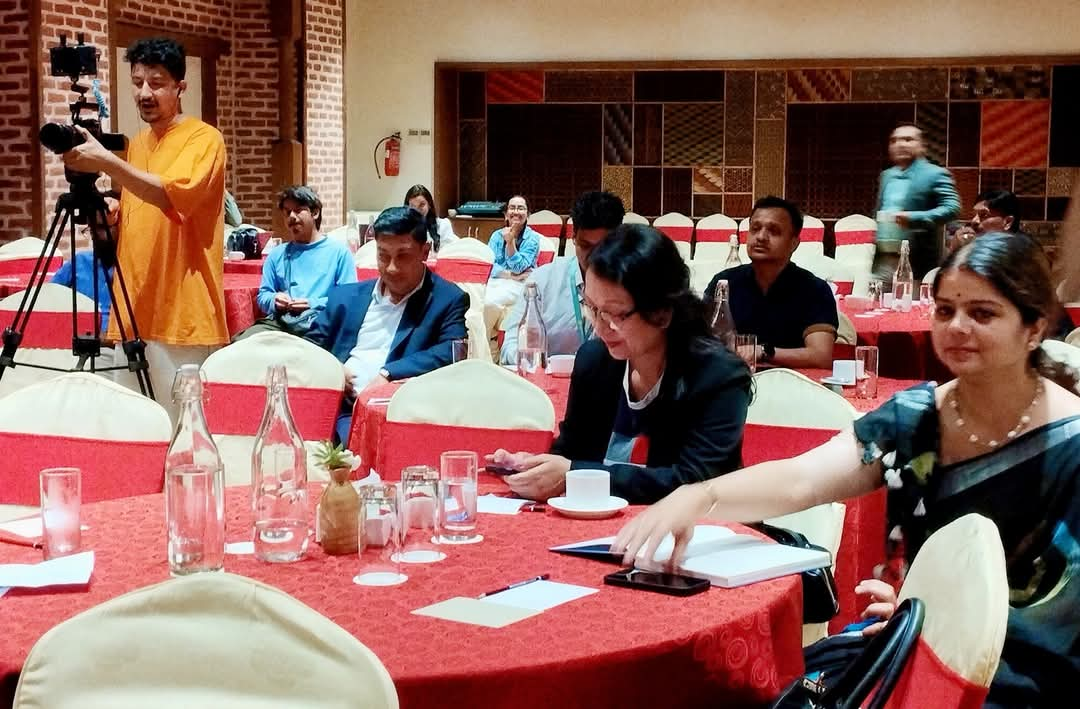Kathmandu, May 6, 2025 — A crucial dialogue on standardizing recycled plastic products took place at the Hotel Basera Boutique in Anamnagar, Kathmandu. The event, organized under the banner of Project CAP, brought together key stakeholders, including government officials, environmentalists, and industry experts, to address challenges and opportunities in Nepal's recycling landscape.
The event was inaugurated by the Founder and President of Creasion, followed by remarks from senior officials such as Ms. Kumari Jyoti Joshi, Director General of the Nepal Bureau of Standardization & Metrology; Mr. Rajeshwar Gyawali, Director General of the Department of Industry; Mr. Gokarna Awasthi, Director General of the Federation of Nepal Chamber of Commerce & Industry; and Mr. Gyan Raj Subedi, Director General of the Department of Environment.
The technical sessions featured insightful presentations on Nepal's current recycling landscape, lessons learned from Project CAP, and case studies on successful international standardization models. Experts, including Prof. Dr. Rameshwar Adhikari and Rajendra Joshi, shared their perspectives on overcoming the challenges of plastic recycling in Nepal.
Thematic discussions centered on recycling technology, standards for pellet quality, regulatory frameworks, and the roles of public and private sectors. Stakeholders also deliberated on the way forward, culminating in recommendations for policy declarations to enhance the adoption and regulation of recycled plastic products in Nepal.
A panel discussion moderated by Ganesh Shah, with participation from Anil Chitrakar and Sujata Koirala of Creasion, emphasized collaborative strategies for creating sustainable solutions for plastic waste management.
This dialogue marked a significant step toward aligning Nepal’s recycling practices with global standards, fostering sustainability, and driving innovation in the management of plastic waste. The event was supported by partners including UNOPS, the World Bank Group, and other international organizations, underscoring the importance of collective action in addressing global environmental issues.